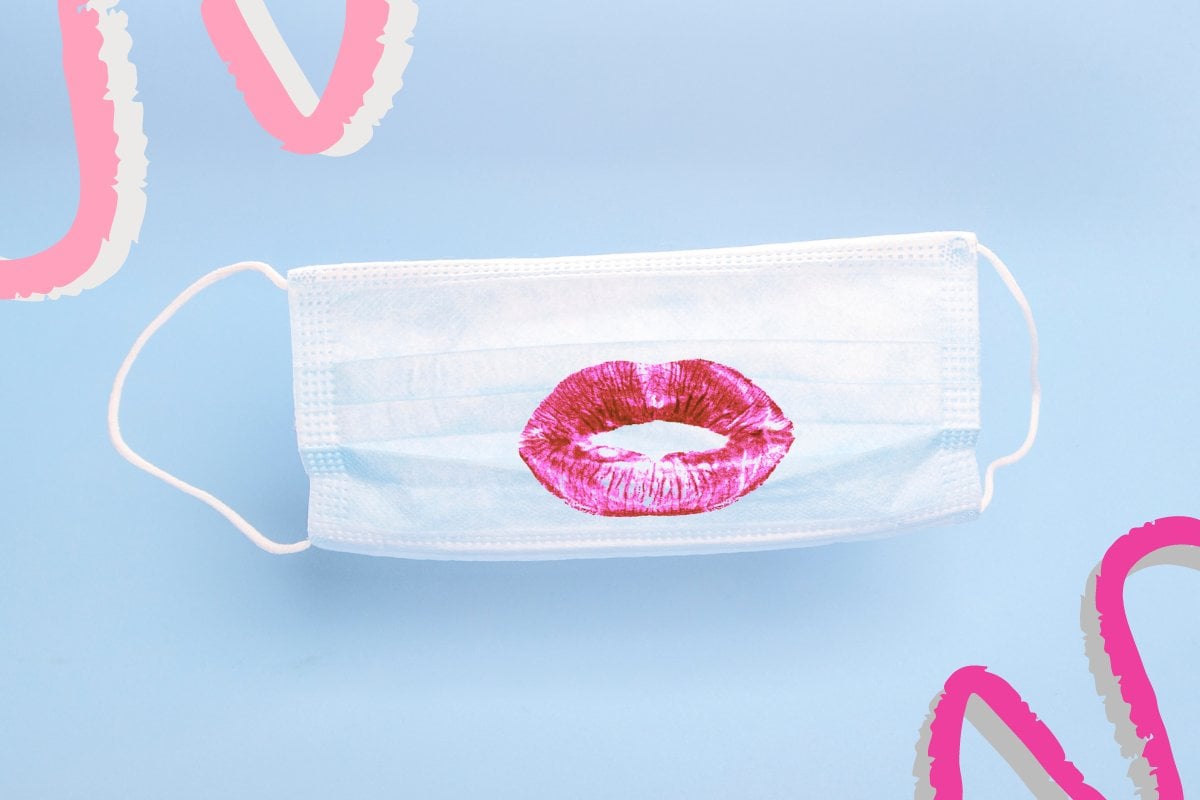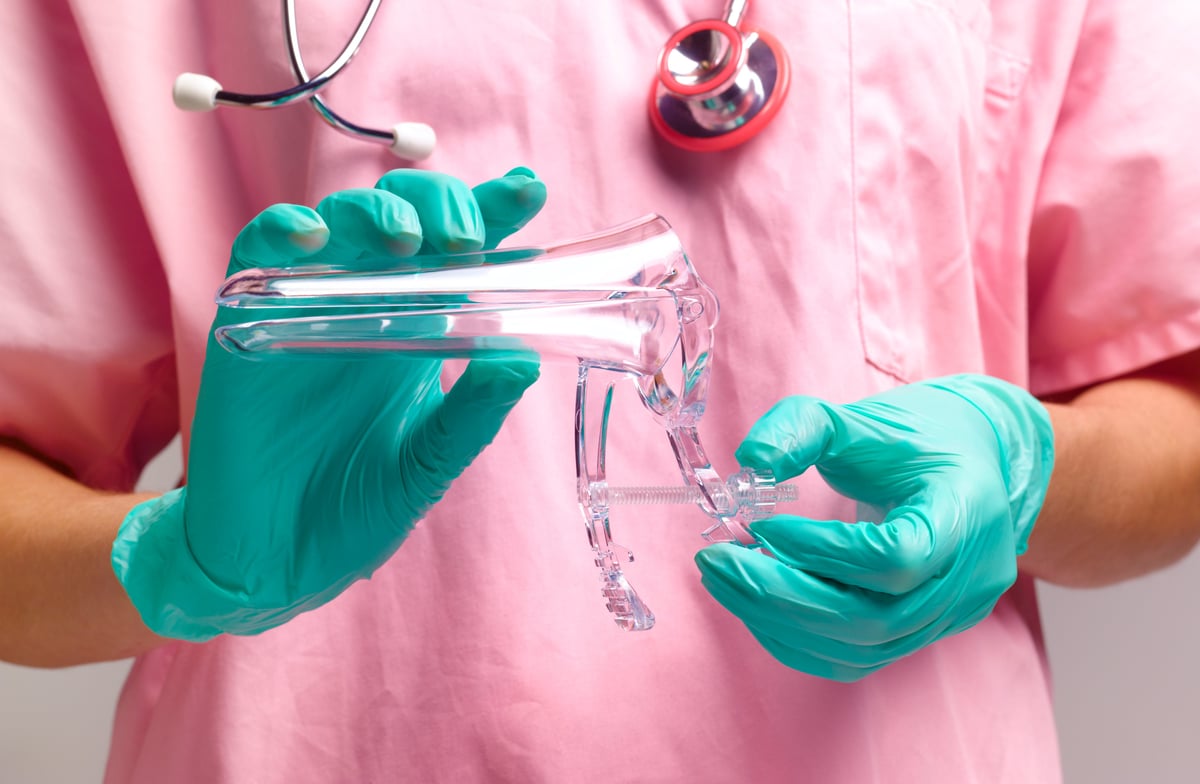

As everyone emerges out of lockdown, you can bet that hook-ups are back on the menu.
For those starved of human contact (and human touch) for so long, the opportunity to get real up close and personal now that restrictions have lifted will be a HUGE drawcard.
And because of this, we’re anticipating people acting like moths to a (sexual) flame.
But while this may mean super hot fun for three or so minutes, it can also mean syphilis. Yep, syphilis.
The infection better known for making the rounds in the 1400s is weirdly having a MAJOR spike - with reports of infectious syphilis cases increasing by a whopping 475 per cent since 2010.
And it's not the only sexually transmissible infection (STI) on the rise. Which is why, despite a whole lot of (very valid) focus being on COVID tests, we simply can't forget about STI tests.
So, with the Victorian Government's STI Testing Week kicking off, there's no better time to talk about sexy health, get a test and get treated (if needed).
To ease your fears about the whole sexual health check thing, we run through literally every question you may have - including what actually happens for each different STI check for each different STI. Read on, and book in your STI check. STAT.
So, how often should I be getting an STI check?
On paper answer = Every time you get a new sexual buddy.
Yep, every time your personal space is literally invaded by another new being, it’s good to get tested.
But as a general rule, these are the 'actions' that should normally be followed with a trip to the clinic:
